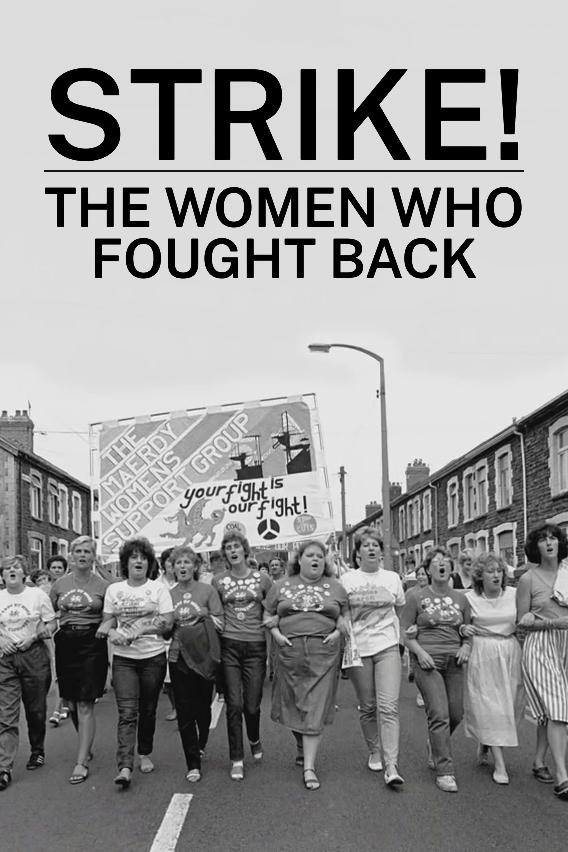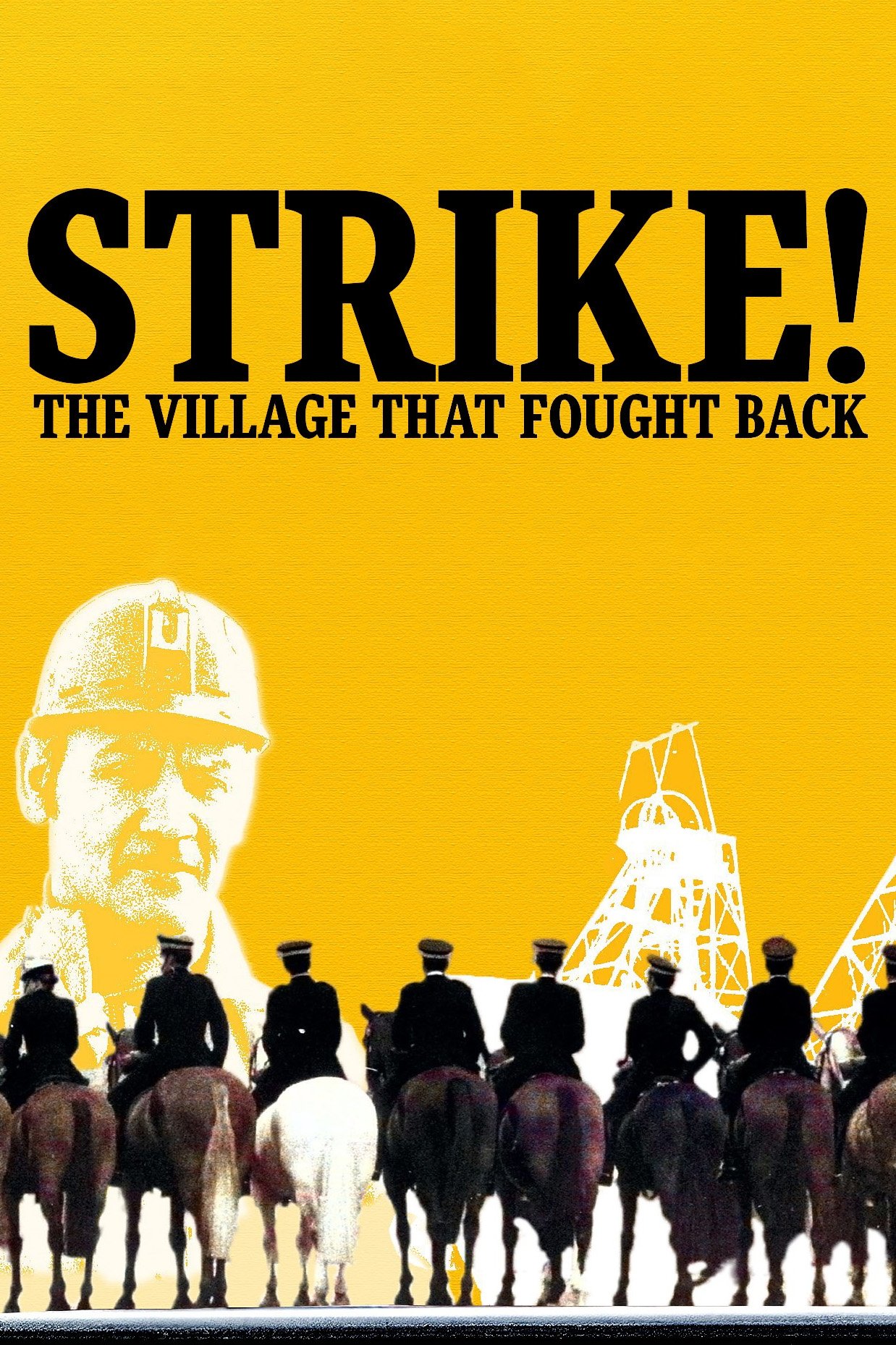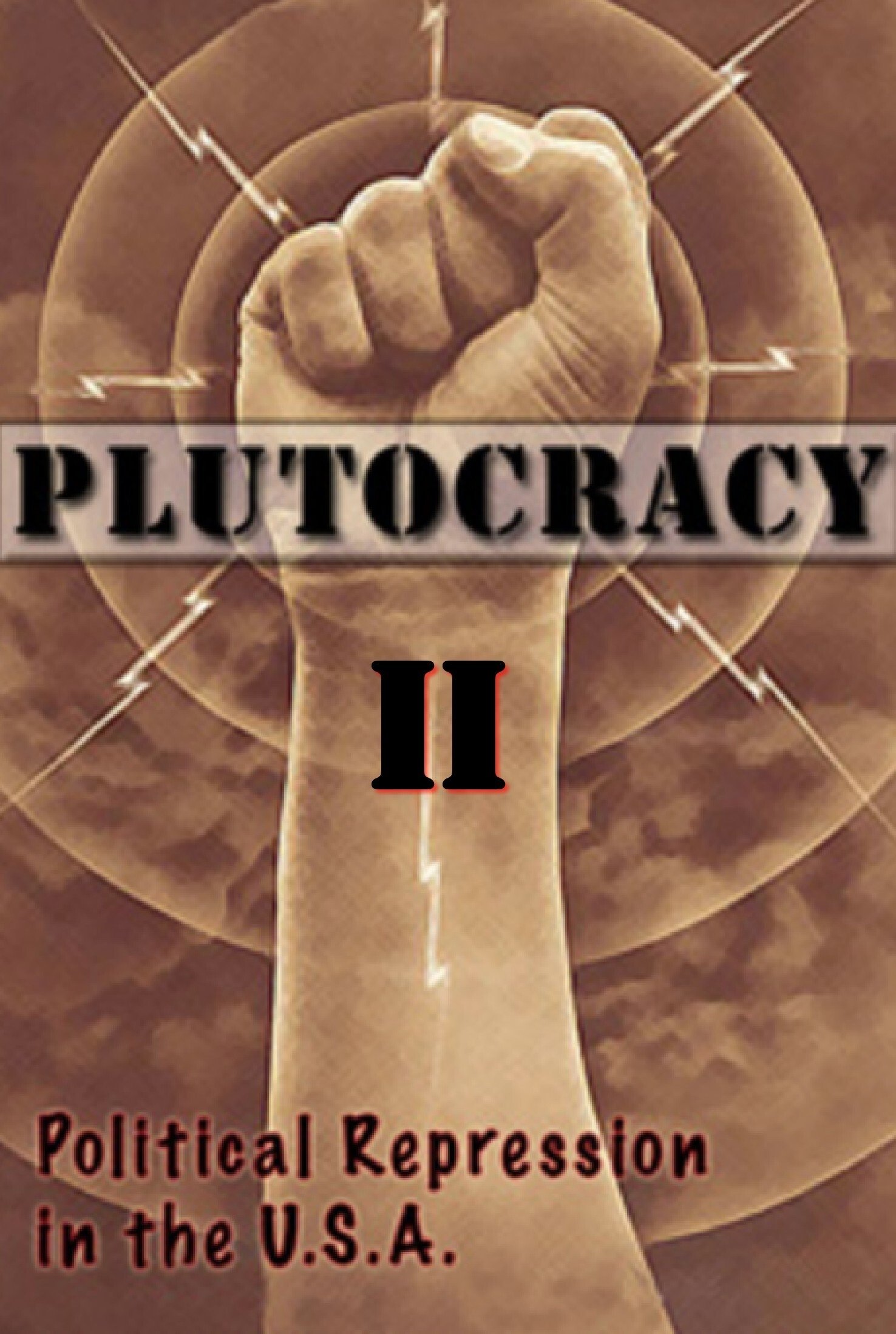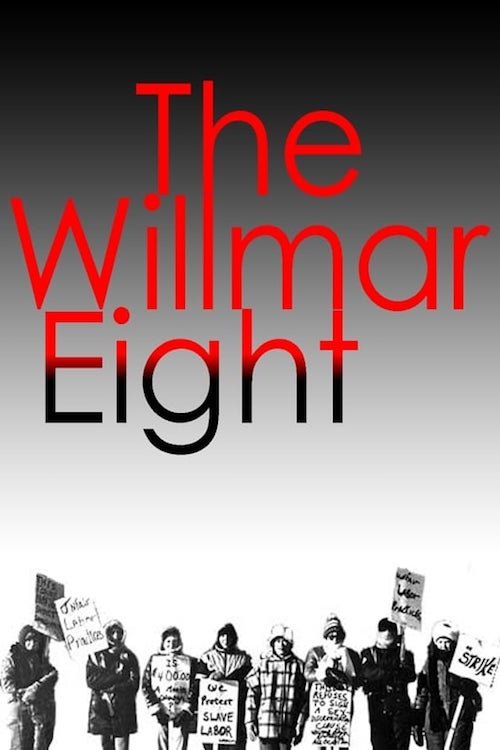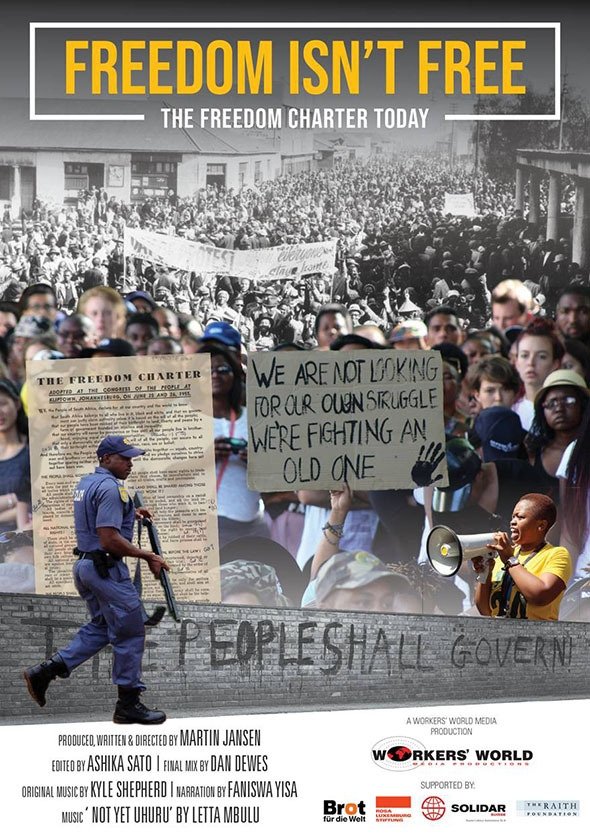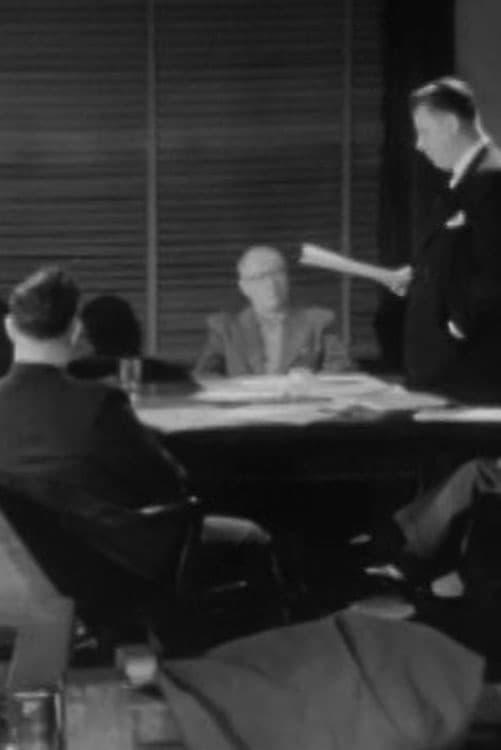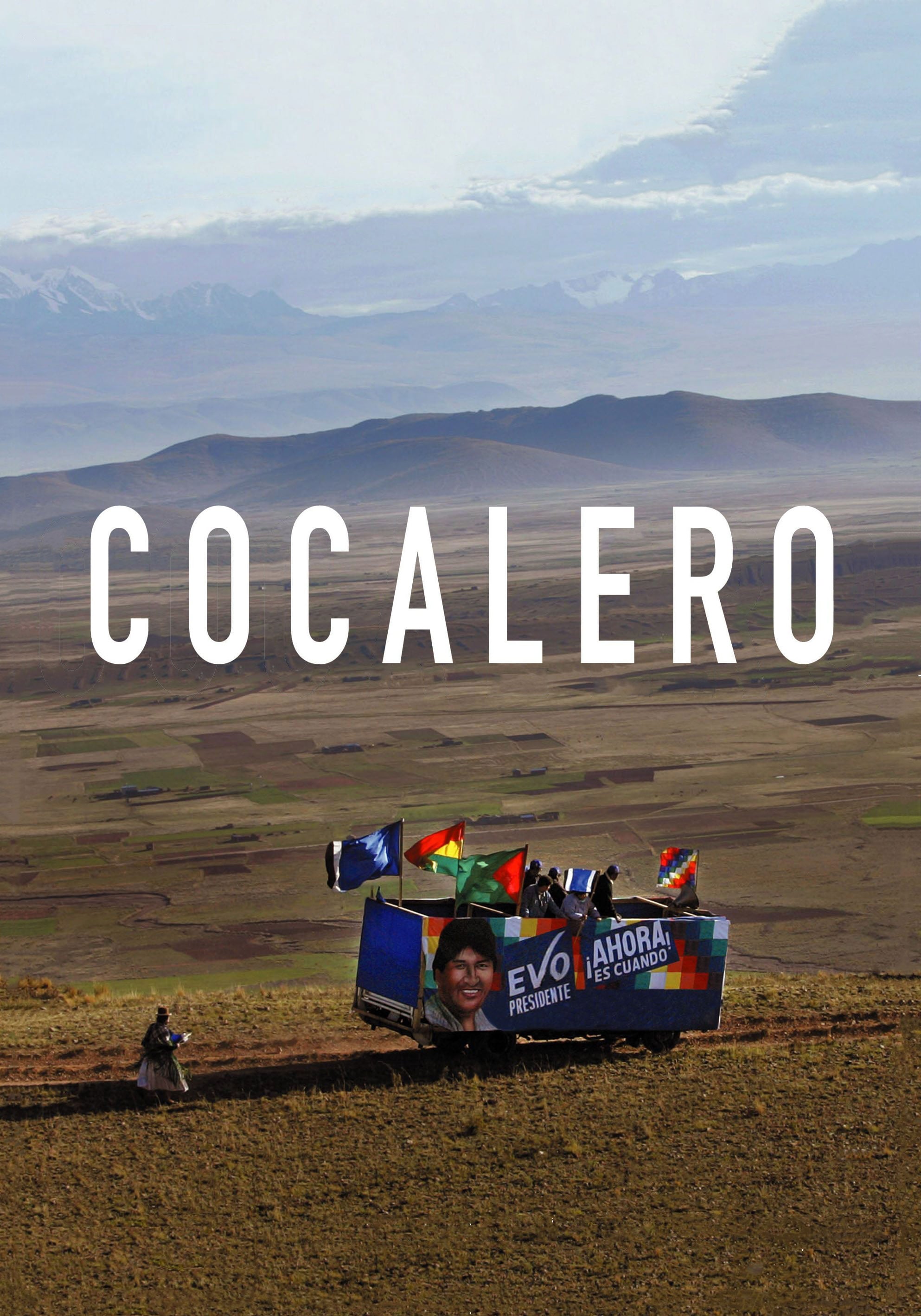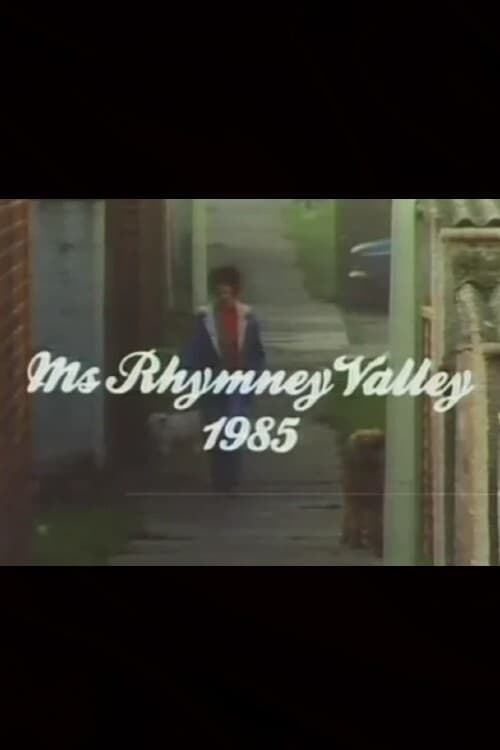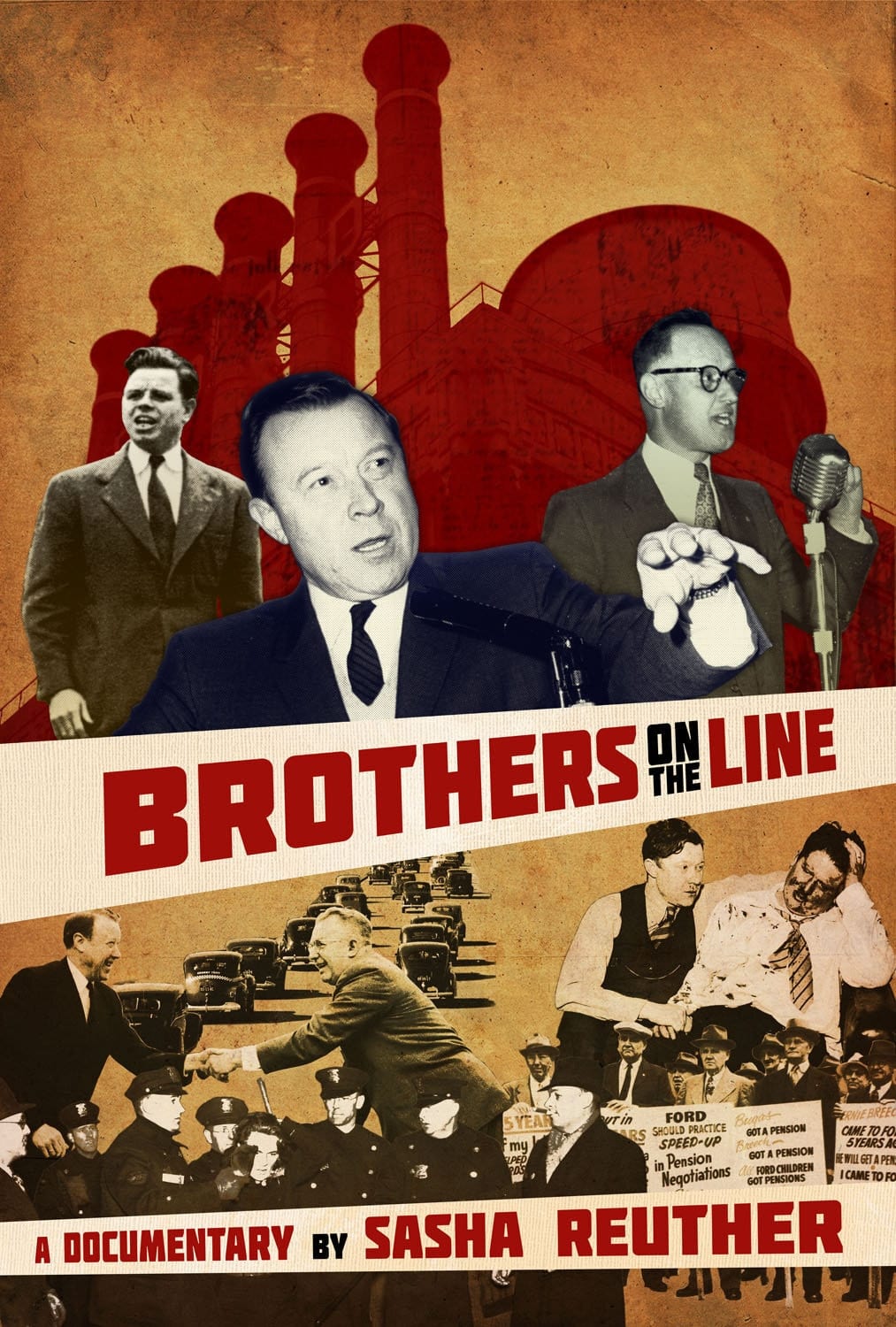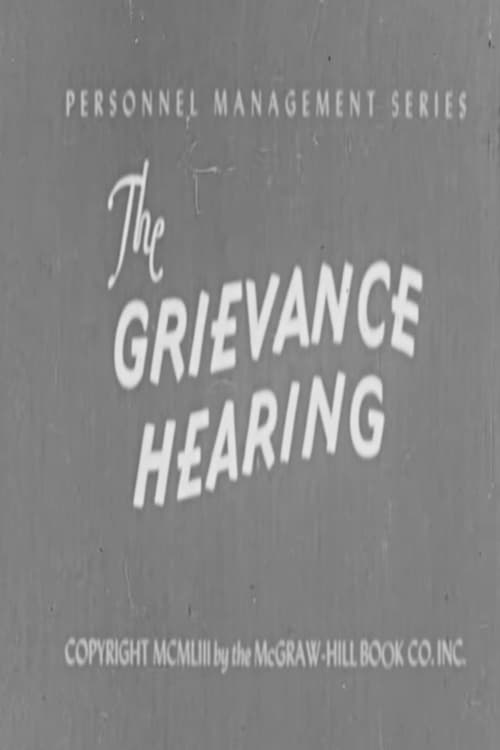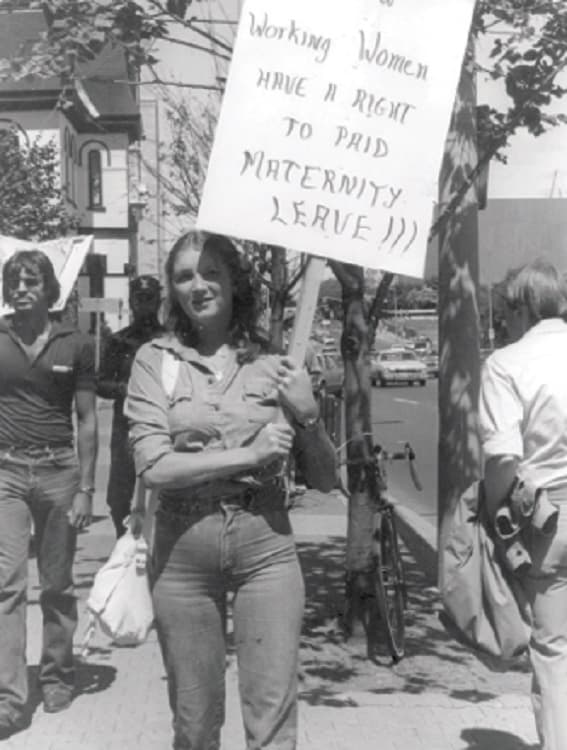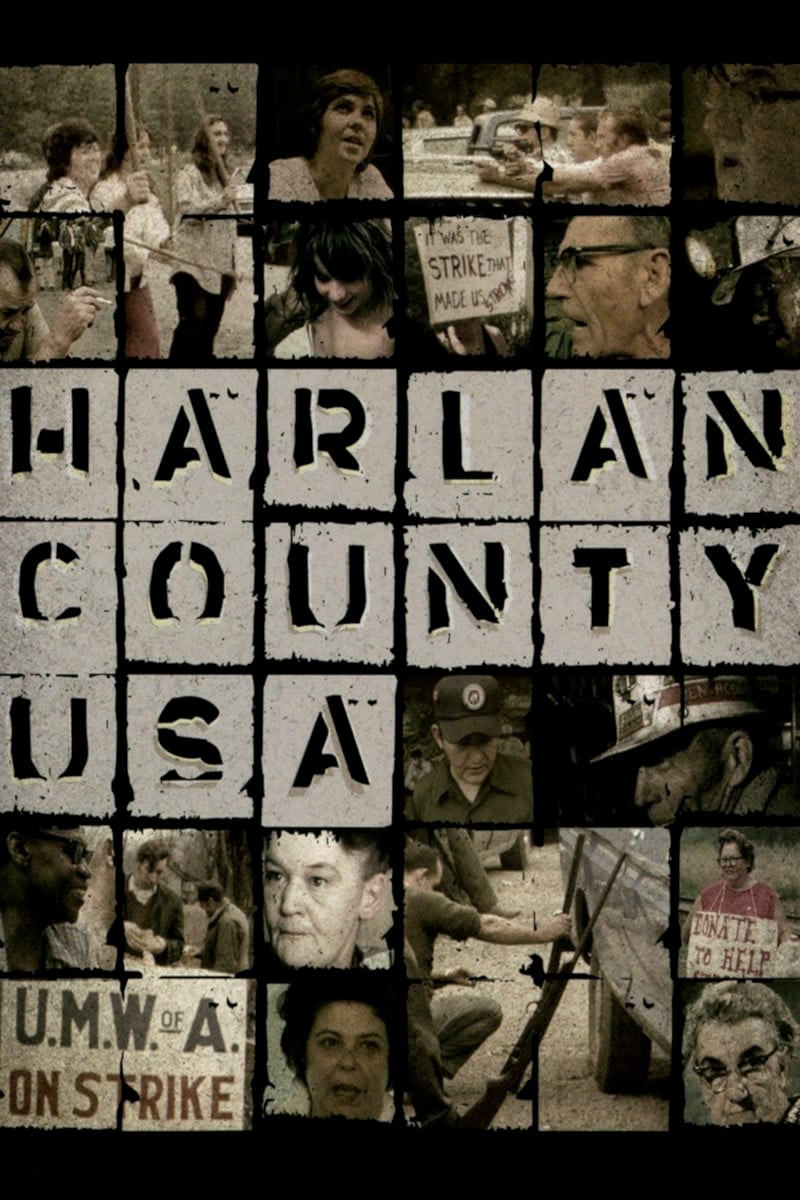Where Do You Stand? Stories from an American Mill (2004)
Overview
Traces the story of the 25-year struggle of Fieldcrest-Cannon textile workers to form a union in the face of modernization and globalization.
Production Companies
Additional Info
| Budget | $0.00 |
|---|---|
| Revenue | $0.00 |
| Original Language | en |
| Popularity | 0.295 |
Directed By
Alexandra Lescaze
Crew
Alexandra Lescaze
TOP CAST
Similar Movies
Northern Minnesota's Labor Wars
Filmmaker Gary Kaunonen of KCC-TV in International Falls just released a new documentary about a pivotal time in Northern Minnesota’s labor history. It’s called “Northern Minnesota’s Labor Wars.” The years 1916 and 1917 brought major labor uprisings in the mines of the Mesabi Iron Range and the lumber camps of the state’s far northern pine forests. These events not only shaped local history, but became vital turning points in the national and international labor movement.
Strike! The Women Who Fought Back
In their own words, this is the story of six women from the South Wales valleys and how they helped sustain the bitter year-long miners' strike, changing their lives forever.
Strike! The Village That Fought Back
The inside story of Polmaise Colliery and the miners who were the first to walk out and the last to go back to work during the miners' strike.
Miners Shot Down
In August 2012, mineworkers in one of South Africa’s biggest platinum mines began a wildcat strike for better wages. Six days later the police used live ammunition to brutally suppress the strike, killing 34 and injuring many more. Using the point of view of the Marikana miners, Miners Shot Down follows the strike from day one, showing the courageous but isolated fight waged by a group of low-paid workers against the combined forces of the mining company Lonmin, the ANC government and their allies in the National Union of Mineworkers.
Plutocracy II: Solidarity Forever
The film, which is the second part of an ongoing historical series, covers the seminal labor-related events which occurred between the late 1800's and the 1920's. Its subtitle refers to a 1915 song composed by Ralph Chaplin as an anthem for unionized workers. The film itself is the cinematic version of that anthem, as it allows us a comprehensive understanding of the need for these early labor unions, and the enormous sacrifices of its members to ensure fairness, safety, and equality in the workplace.
The Willmar 8
Risking jobs, friends, family and the opposition of church and community, eight unassuming women begin the longest bank strike in American history.
Freedom Isn't Free — The Freedom Charter Today
Since its adoption in June 1955 by the Congress movement, the Freedom Charter has been the key political document that acted as a beacon and source of inspiration in the liberation struggle against Apartheid. It was reputedly the main source that informed democratic South Africa’s liberal constitution and a constant reference point for the ruling African National Congress (ANC) and rival political parties that it spawned since 1994, all claiming the Freedom Charter’s legacy. Freedom Isn’t Free assesses the history and role of the charter, especially in relation to key political and socio-economic aspects of developments in South Africa up to the present period. It includes rare archival footage with interviews of a cross-section of outspoken influential South Africans.
The Flickering Flame
Documentary following dockers of Liverpool sacked in a labour dispute and their supporters’ group, Women of the Waterfront, as they receive support from around the world and seek solidarity at the TUC conference.
The Research Director
A description of the work of a research director of a United Steel Workers Union in Canada. The painstaking research and analyses of economic information, and the arrangement of arguments that lie beneath the negotiations of labour unions for better wages and working conditions are shown.
American Dream
When workers at the Hormel meatpacking plant in Austin, Minnesota are asked to take a substantial pay cut in a highly profitable year, the local labor union decides to go on strike and fight for a wage they believe is fair. But as the work stoppage drags on and the strikers face losing everything, friends become enemies, families are divided and the very future of this typical mid American town is threatened.
Wisconsin Crisis: Why it matters to Alberta
An in-depth look at the early 2011 crisis for public sector unions in Wisconsin, and why it matters in Alberta.
Ms Rhymney Valley
Portrait of a community in the heart of South Wales almost one year into the miners' strike of the 1980s.
Brothers on the Line
Brothers on the Line explores the extraordinary journey of the Reuther brothers – Walter, Roy, and Victor – union organizers whose unshakeable devotion led an army of workers into an epic human rights struggle.
The Grievance Hearing
Presents a case history of a grievance case from the initial causes to the final settlement. Shows how grievance hearings enable labor unions and management to arrive at compromises in settling disputes.
Shutdown: The Rise and Fall of Direct Action to Stop the War
In the winter of 2002-'03, as the US was building its case to attack Iraq, people around the world responded with a series fo the largest peace protests in history. Shutdown: The Rise and Fall of Direct Action to Stop the War, is an action-packed documentary chronicling how DASW successfully organized to shut down a major US city and how they failed to effectively maintain the organization to fight the war machine and end the occupation of Iraq. Created by organizers involved with DASW, Shutdown combines detailed information on organizing for a mass action, critical interviews on organizing pitfalls, and the wisdom of hindsight. It is a must-see film for those engaged in the continuous struggle toward social justice.
Haiti's Tourniquet
The Confederation of Haitian Workers (CTH) invited an Industrial Workers of the World (IWW) delegation to Haiti to learn about their fight against "le plan neoliberal" and recruit help in the form of material aid and solidarity. The delegation was in Haiti from April 24 to May 25, 2008, two weeks after the country erupted in mass protest at burgeoning food prices. This video shares the stories and experiences.
A Struggle to Remember
The video documentary "A Struggle to Remember: Fighting for Our Families" puts faces and narratives to the story of the struggle for family leave in Canada. The 20-minute film shows how it became accepted that women be able to return to their jobs after maternity leave and how men and women gained real and enforceable work-life balance provisions.
Harlan County U.S.A.
This film documents the coal miners' strike against the Brookside Mine of the Eastover Mining Company in Harlan County, Kentucky in June, 1973. Eastovers refusal to sign a contract (when the miners joined with the United Mine Workers of America) led to the strike, which lasted more than a year and included violent battles between gun-toting company thugs/scabs and the picketing miners and their supportive women-folk. Director Barbara Kopple puts the strike into perspective by giving us some background on the historical plight of the miners and some history of the UMWA. Preserved by the Academy Film Archive in partnership with New York Women in Film & Television in 2004.
The River Ran Red
Blair Brown narrates this gripping account of a community's struggle to preserve its way of life. In the summer of 1892, a bitter conflict erupted at the Carnegie Works in Homestead, Pennsylvania. The nation's largest steel maker took on its most militant union with devastating consequences for American workers.
